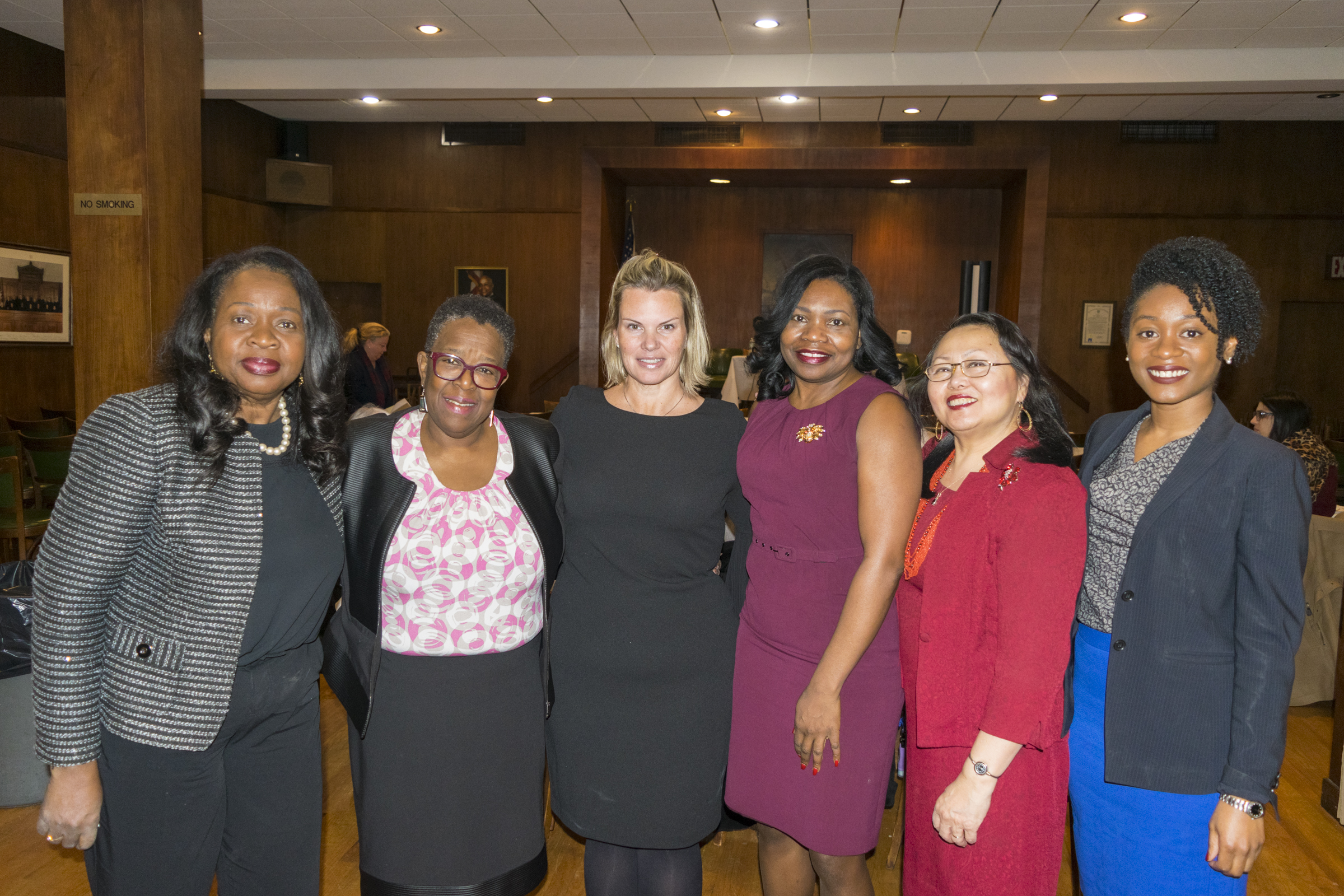Judges give Women’s Bar Association a review of the Appellate process

A judge from the Appellate Division and two others from the Appellate Term were hosted by the Brooklyn Women’s Bar Association on Tuesday night for a continuing legal education seminar on the Appellate process.
Hon. Sylvia Hinds-Radix, of the Appellate Division, Second Department; Hon. Doris Ling-Cohan, of the Appellate Term, First Department; and Hon. Michelle Weston, of the Appellate Term, Appellate Term, Second, 11th and 13th Judicial Districts each took part in the CLE titled “A Review of the Appellate Process.”
“This is an overview of the appellate courts,” said Natoya McGhie, co-chair of the BWBA Young Lawyers Committee, which sponsored the event. “We’re going to talk about the counties covered, the makeup of the court, the appeals process, what the judges expect, what is appealable. Some stuff is appealable as of right; some you need permission to appeal.

Brooklyn Boro
View MoreNew York City’s most populous borough, Brooklyn, is home to nearly 2.6 million residents. If Brooklyn were an independent city it would be the fourth largest city in the United States. While Brooklyn has become the epitome of ‘cool and hip’ in recent years, for those that were born here, raised families here and improved communities over the years, Brooklyn has never been ‘uncool’.